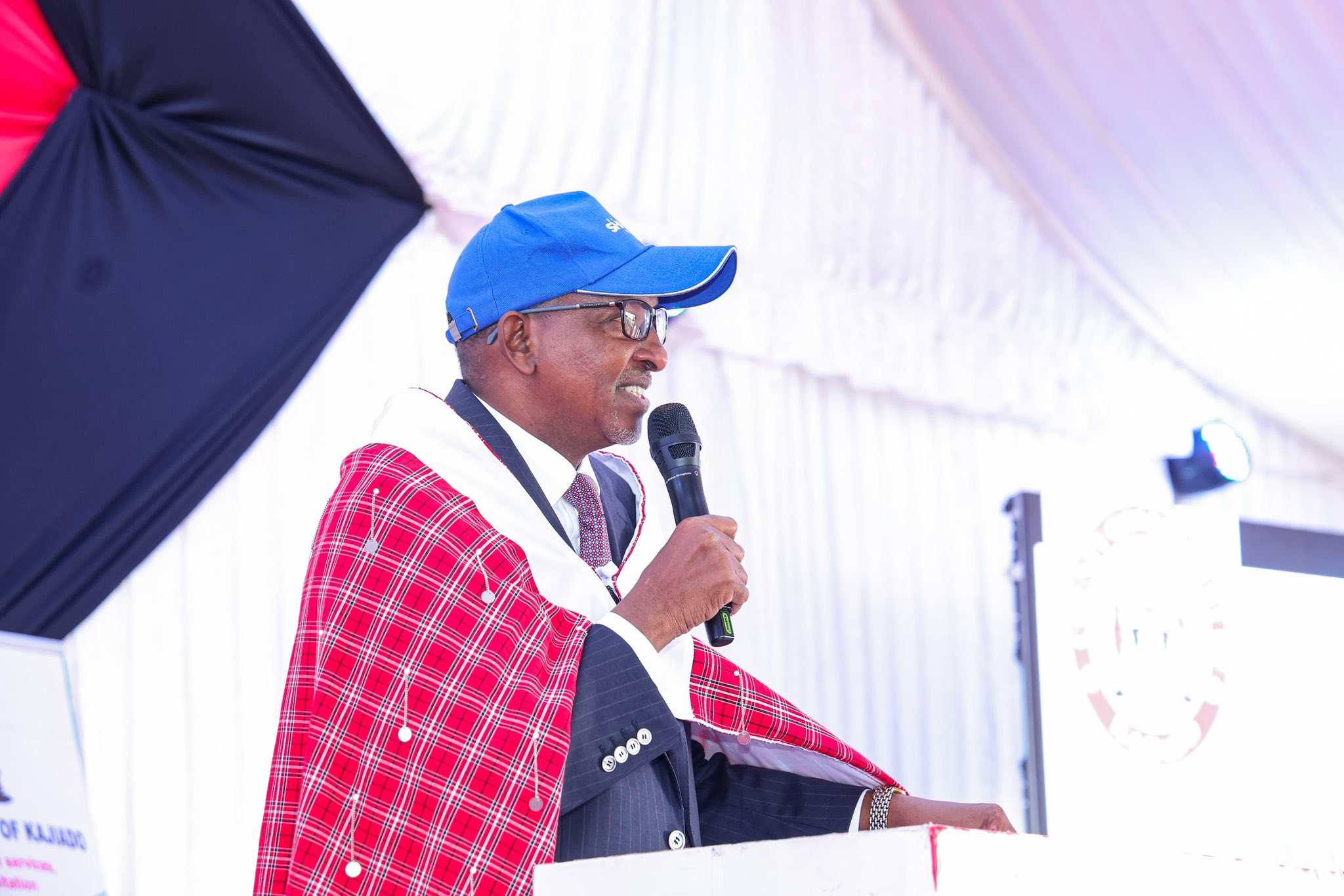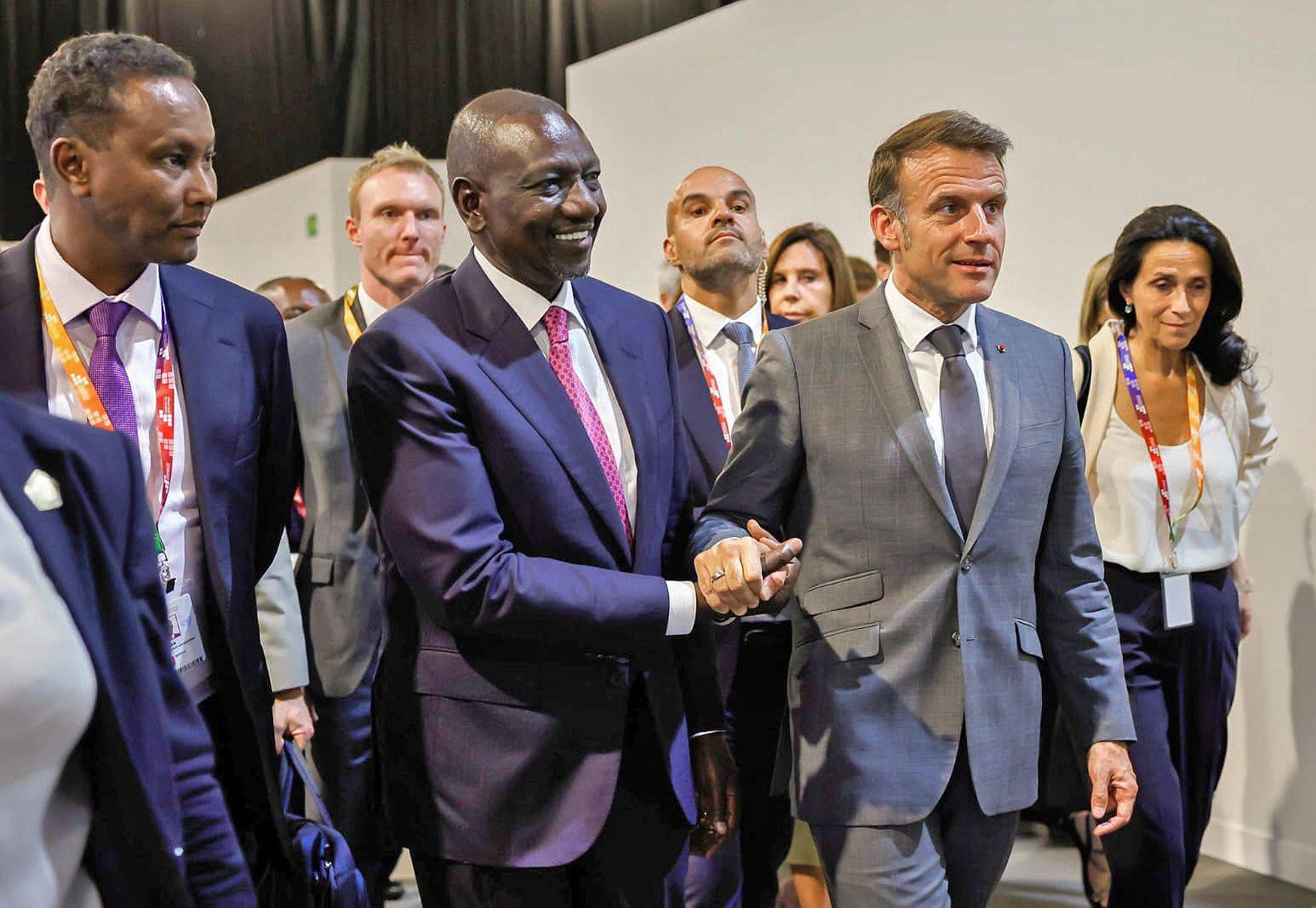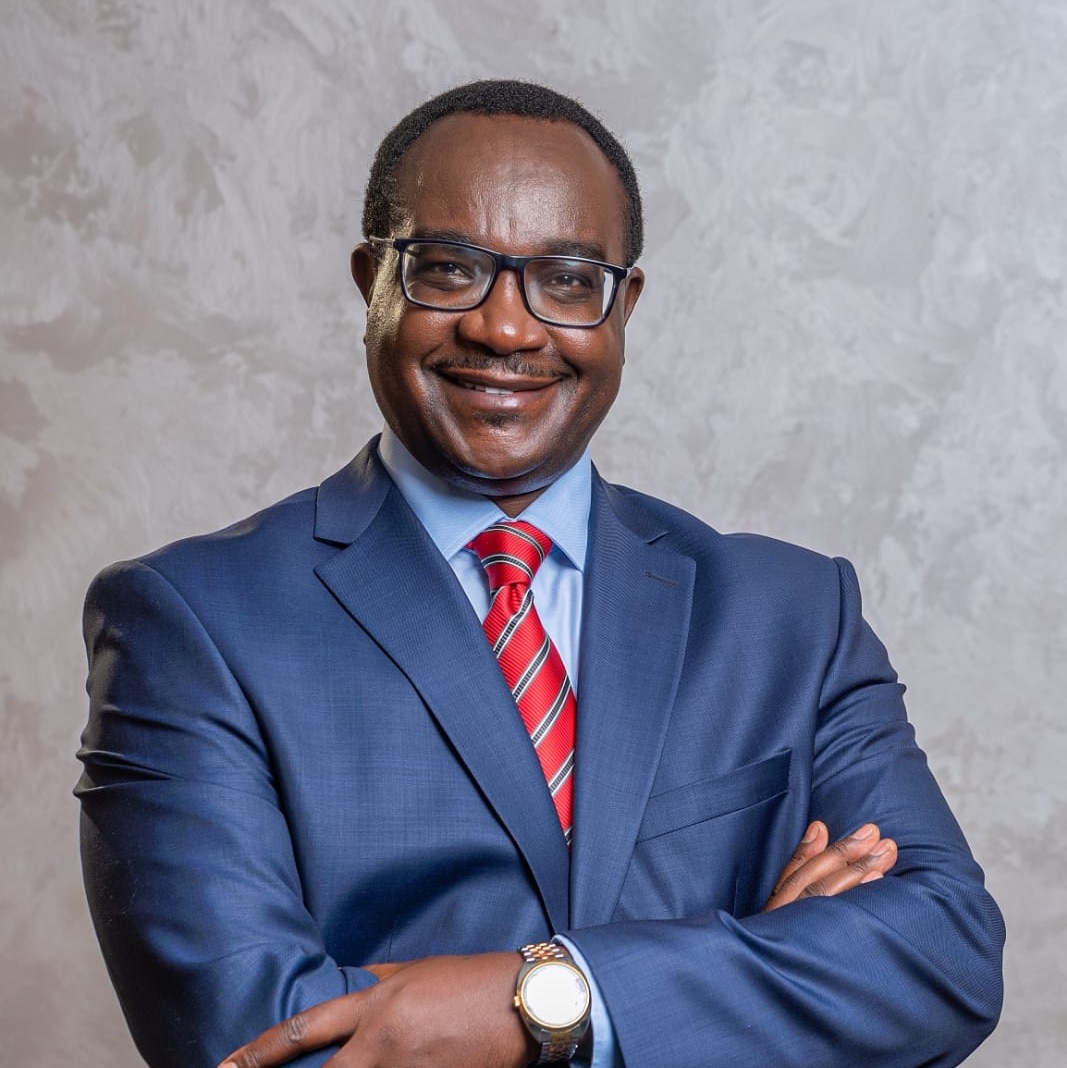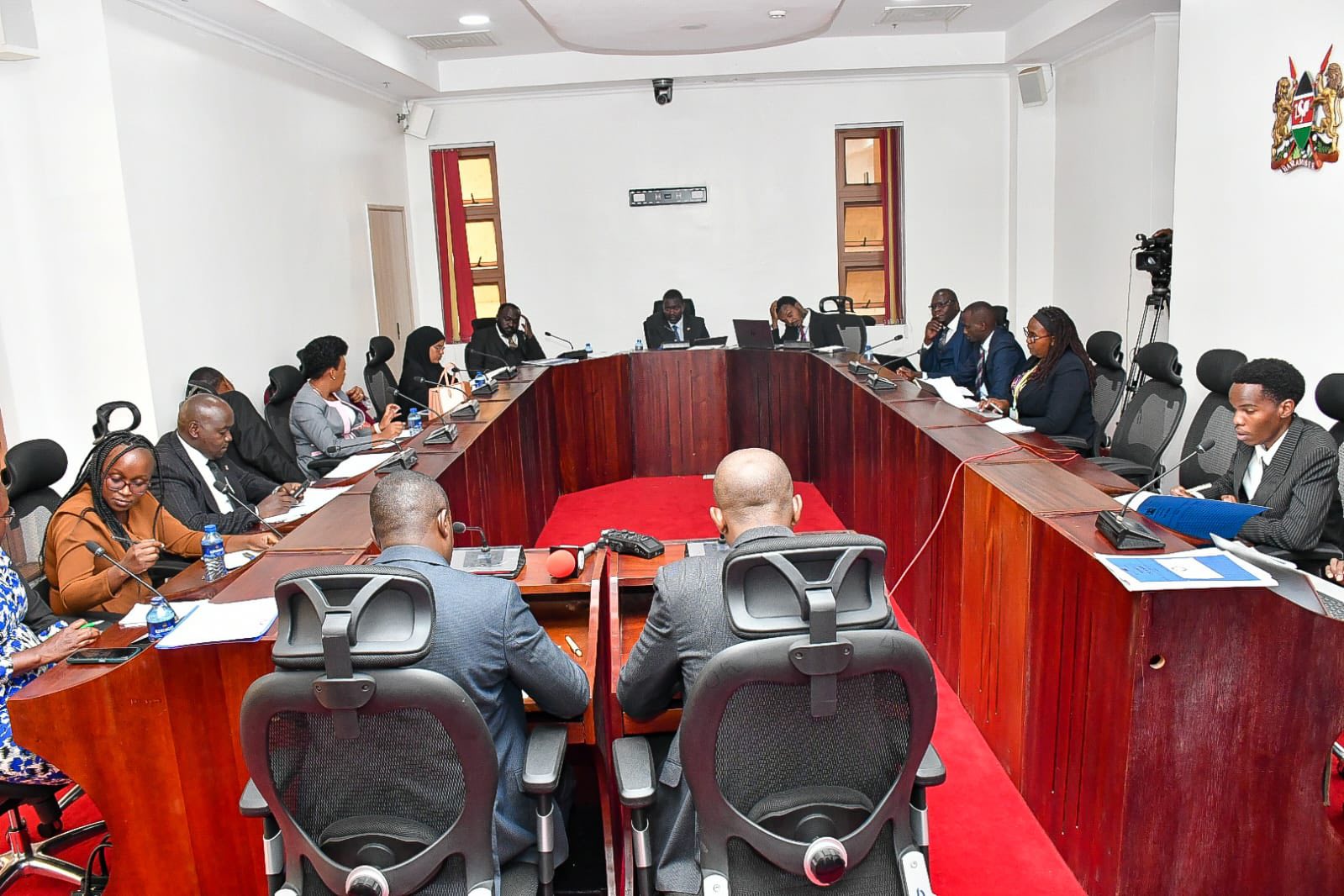Inside Sh3.3 Trillion 2022-2023 Budget
Treasury Cabinet Secretary Ukur Yatani on Thursday read the Sh3.31 trillion budget for the financial year 2022/2023 starting July, two months earlier than the usual time.
The presentation of the budget came early so as to give MPs time to approve their expenditures before their term ends and have enough time to campaign before the national elections.
According to the treasury secretary, the country had also received a green light from East Africa Community (EAC) partner states to read the budget ahead of the August elections.
The budget analysis mainly focused on job creation, and economic revival as highlighted below:
Education
The government increased allocation to the education sector to Sh544.4 billion.
Pre-primary education will receive Sh12 billion in the proposed budget.
Sh2.5 billion will be used for teacher recruitment.
Sh64.4 billion will be used for free secondary day education and NHIF cover.
Sh5 billion for exam fees waiver for Grade 6 and Class 8 pupils.
Sh1.9 billion will go towards the school feeding program.
Sh1.2 billion for the training of teachers on CBC.
Sh46 billion for the construction of CBC classrooms.
Sh310 million for the digital literacy program.
Sh2.8 billion for TVET
Sh294.7 billion for TSC.
Healthcare
The government will allocate a total of Sh146.8 billion for healthcare.
Sh62.3 billion for Universal Health Coverage (UHC).
Sh7 billion for the purchase of Covid-19 vaccines.
Sh4.1 billion for maternal healthcare.
Sh5.2 billion for the purchase of equipment.
Sh16.2 billion to fight HIV/Aids, malaria, and tuberculosis.
Sh1.8 billion to provide medical cover for elderly and disabled persons.
Sh5.2 billion vaccines and immunization programs.
Sh18.1 billion for Kenyatta National Hospital.
Sh11.7 billion for Moi Teaching and Referral Hospital.
Sh7.7 billion for Kenya Medical Training College (KMTC).
Sh2.9 billion for Kenya Medical Research Institute (KEMRI).
Sh1.1 billion for the construction of pediatrics and burns center.
Sh1.3 billion for the construction of a cancer center at Kisii Hospital.
Sh1.2 billion for procurement of family planning.
Sh300 million for radiotherapy equipment.
Sh619 million for procurement of equipment for the blood transfusion center.
National Security
Treasury has allocated Sh317.8billion for internal security, national defense the National Intelligence Service (NIS).
Sh128.4 billion will go to defense.
Sh46.4 billion for NIS and Sh102.2billion for police and prison services.
Sh10.7 billion for leasing of police motor vehicles and Sh1billion for the police modernization programme
Sh1billion for National Communication System.
Sh335 million for the national forensic laboratory.
Sh4.8billion for the insurance of police service and prison officers.
Sh2.3billion for Group personal insurance for police service and prison
Sh1billion for the National Integrated Management System.
Equity, poverty reduction, women and youth empowerment
Sh13.1 billion for the National Youth Service.
Sh2.2 billion for the Kenya Youth Empowerment and Opportunities Project.
Sh175 million for the Youth Enterprise Development Fund.
Sh170.0 million for the Women Enterprise Fund.
Sh92.0 million for the Youth Employment and Enterprise Fund.
Digitalising of economy
Sh15.6 billion to fund initiatives in the Information, Communication, and Technology sector.
Specifically, Sh620 million for Government Shared Services.
Sh5.2 billion for the Horizontal Infrastructure Phase I at Konza Technopolis City, and Sh3.8 billion for Konza
Data Centre and Smart City Facilities.
Sh2.7 billion for maintenance and rehabilitation of last-mile connectivity network.
Sh1.2 billion for maintenance and rehabilitation of the National Optic Fibre Backbone Phase II Expansion Cable.
Sh1.4 billion for installation and commissioning of Eldoret-Nadapal Fibre Optic Cable.
Treasury Cabinet Secretary Ukur Yatani proposed Ksh 146.8 billion to support the implementation of the projects and programs under the “Big Four” Agenda.
The agenda focuses on four key pillars, namely, manufacturing, housing universal health, and food security.
Treasury CS Ukur Yatani while presenting the budget, maintained current tax measures on key household products in the food basket, which has left most Kenyans fearing for the cost of living going higher.
Tags:



